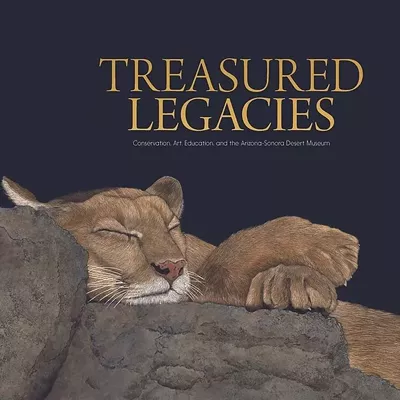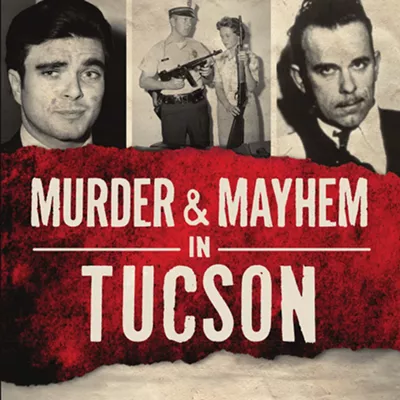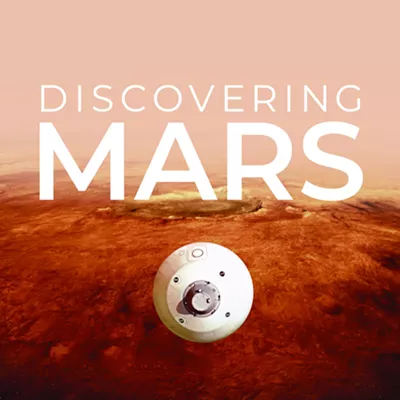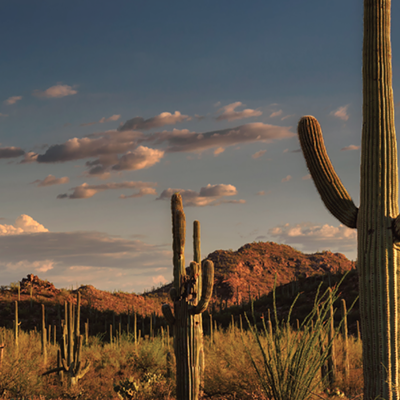As a child, I found this story troubling, since it undermined the idea of "a final resting place." Indeed, the dam made nothing final--not even death. If progress demanded it, folks would dig you up, worms and all, and move you somewhere else. And who knows how many times?
Last year, South Carolina poet Ron Rash delivered a startling book called Raising the Dead (Iris Press). It vividly rendered the Jocassee Valley and its people, serving as a poignant, yet hard-bitten memorial. This year, writer/adventurer Matthew Barrett Gross has assembled his own eulogy to a forsaken world. The Glen Canyon Reader collects 18 exquisite essays by historically wide-ranging writers who knew of and were marked by an unpopulated Eden before it, too, fell victim to progress.
Interestingly, the success of this project is directly linked to Gross' own "Clear Creek: An Introduction," a piece of writing so pyrotechnical that it almost snuffs the fire of the works that follow. Here, he carries out a mad search for the Cathedral in the Desert--a paradise of greenery, Navajo sandstone, and a waterfall lodged within the heart of Glen Canyon. It's a fruitless search, of course, since the reservoir of Lake Powell submerged the Cathedral in 1963, 10 years before Gross was born. Thwarted, he paddles haplessly in the lake and confronts his impossible mission with prose that is simultaneously knowledgeable, precise and lyrical.
"I stayed for a long time in that lovely grotto, listening to the sound of the spring as it fed the pool, feeling the sand grow beneath my feet, watching the shadows creep down the luminous sandstone walls. In the distance I heard a low moaning, a sound I couldn't make out. I headed back, around the bend in the canyon, over the dune, beside the choke stone. How could I have imagined that this narrow pool was the Cathedral? The low moaning grew louder, an eerie siren song of foreign voices, punctuated by drums. And then, when I rounded the last bend to my kayak, the source of the sound became apparent--out in the water, two young couples lounged on a powerboat in the remaining sun. Rock and roll blared from an onboard stereo, and the sound of the music reverberated in the watery cave."
The dream of a pristine Garden is dispelled by the reality of Adams and Eves, who come to a tamed nature not to worship but to vacation--which is what Lake Powell was designed for. It's a summer postcard of bikinis and jet skis by day, yes. But Gross knows what Lake Powell looks like at night, when iridescent motor oil slicks its surface. Of course, this doesn't make his dream unnecessary--or any less real.
Speaking of reality, the reader's contemporary sensibilities may be jarred a bit by the early exploration journals of Fathers Francisco Atanasio Dominguez and Silvestre Velez, who, in 1776, provided the first written account of Glen Canyon. Yet while the prose is slightly alien, the attention to detail is admirable. Furthermore, the account does much to counteract the romantic notion of Glen Canyon, what with the hardship and peril and horseflesh dining.
Zane Grey, who pioneered the western literary genre with novels like Riders of the Purple Sage, contributes a nonfiction piece on Rainbow Bridge, bringing it to life as "a flaming curve limned against the heavens." Meanwhile, Barry Goldwater, in true Republican fashion, gets down to brass tacks, offering attentive day-by-day weather updates and rock-inscription records that confirm his later regret for having voted for the dam that destroyed Glen Canyon. And then there are the predictable, yet impassioned efforts of Joshua Abbey and Wallace Stegner, who laid the foundation for what is today called "environmental writing." These twin towers of Western letters should not be skipped or casually flipped through.
But the highlight of The Glen Canyon Reader is New Yorker writer John McPhee's hilarious excerpt from his cult-classic Encounters With the Archdruid. I laughed for days after reading his all-too-human portrait of then-commissioner of the U.S. Bureau of Reclamation, Floyd Dominy, who refers to beers as "sandwiches," fires up a cigar whenever the rapids get rocky and wields such pithy statements as, "When people come in, you can't win."
Glen Canyon may be underwater, but its memory refuses to drown. Gross' anthology will stoke the fire of your imagination, leaving you to dream of a past you never knew.







